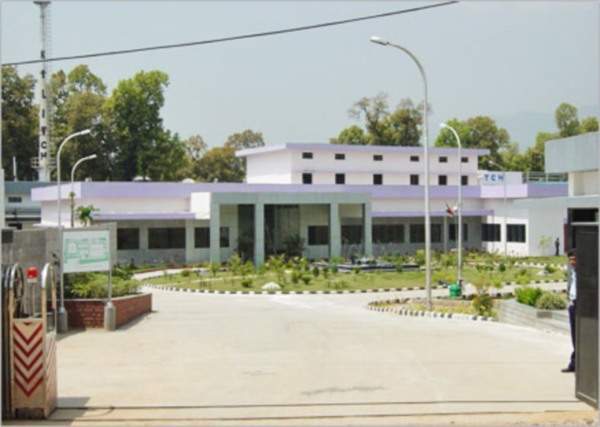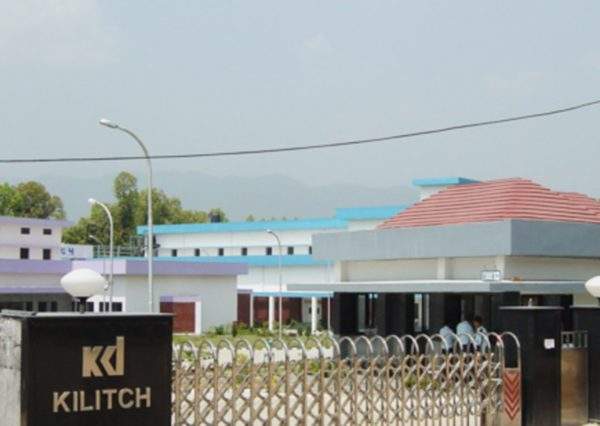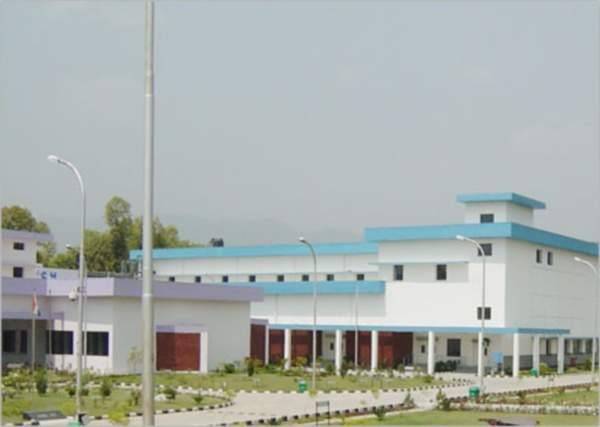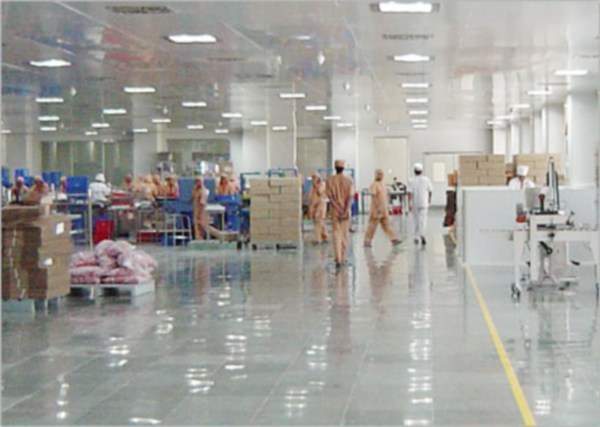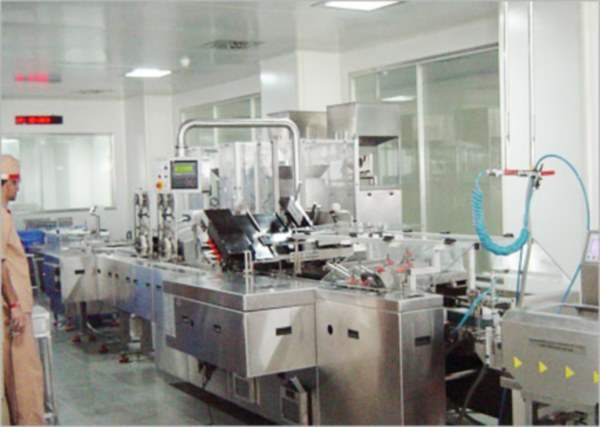Indian pharmaceuticals manufacturing company Kilitch Drugs produces and markets drug formulations in solid, liquid and parenteral dosage forms. The company owns two formulation manufacturing plants in India , one in Paonta Sahib in Himachal Pradesh and one in Navi Mumbai in Maharashtra.
The Paonta Sahib facility is spread over 14 acres and has a built-up area of 230,000ft2. It contract manufactures sterile injectables.
In October 2011, Kilitch signed an agreement to sell certain assets to US-based pharmaceutical company Akorn, including the Paonta Sahib facility, a few products from the Navi Mumbai plant and its NBZ Pharma affiliate.
Under the agreement, Akron will pay $52m and make future contingent payments up to $6m. Approval from the Indian regulatory authorities is expected in early 2012. Once granted, the Paonta Sahib facility, along with its contract manufacturing and international business, will become a part of Akorn.
Paonta Sahib plant details
The Paonta Sahib facility includes five blocks, of which two are operational and three are under construction.
The two blocks in operation are dedicated to the manufacturing of cephalosporins and general injectables. Operations in the blocks under construction, which will be known as Hormones block I, Hormones block II and Carbapenem block, are scheduled to start in 2012.
The cephalosporins block is spread over 69,122ft2 and has 62 air-handling units, one for each critical process, while the general injectables block occupies 30,773ft2 and has 49 air-handling units. The latter is being expanded to include ophthalmic capabilities.
Each block has two floors, with a mezzanine floor in between the two. The ground floor houses the personnel entrance and production equipment. Pipelines, cable trays and ducts run in the mezzanine floor. The air-handling units are housed in the first floor.
All the core areas in the plant have monolithic epoxy flooring and a walkable RCC ceiling. The rooms are separated by modular prefab partition internal walls.
Himachal Pradesh Plant Facilities
The Paonta Sahib facility has been built to meet the US and European standards. It complies with cGMP requirements, and a building management system has been put in place to maintain environmental control.
CCTV, a public address system, an access control system and a fire detection system support the security and safety functions at the plant.
There is a dedicated air-handling unit to feed filtered fresh air to all the other air-handling units in the plant. Active and non-active active pharmaceutical ingredients have separate dispensing areas.
The personnel working in the core production area have segregated changing rooms, and there is an air shower facility for personnel working in the cephalosporins plant.
Products manufactured at the Paonta Sahib plant
The cephalosporins block is used to manufacture dry-powder injectables, dry syrup, tablets, capsules, ready mixes and sachets. It has a production capacity of about 570 million units per year.
The general injectables block produces liquid injectables in vials and ampoules, dry-powder injectables and prefilled syringes. It has an annual capacity of 187 million units.
Hormones block I will be used to manufacture tablets, oral liquids in bottles and sachets, soft gelatine capsules, dermal patches and vaginal ointment. Hormone block II will be used to produce liquid injectables in ampoules/vials and lyophilised ampoules/vials, while Carbapenem block will manufacture dry-powder injectables and dry powder tablets.
Marketing Commentary
Kilitch undertakes contract manufacturing for over 20 pharmaceutical companies including Ranbaxy Laboratories, Sandoz India, Zydus Cadila, Nicholas Piramal India, USV and Merck.
It has product registrations in over 25 countries in Latin America, Asia, Middle East, Europe and Africa, and its portfolio consists of about 300 formulations.
The acquisition of the Paonta Sahib plant, along with its clientele, will enable Akorn to enter the growing Indian pharmaceutical market. Akorn plans to tap the domestic demand for anti-infectives and cancer drugs as well as grow in the global general injectables manufacturing market.
Akorn currently has two manufacturing facilities in the US, in Decatur, Illinois, and Somerset, New Jersey. It produces ophthalmic and injectable pharmaceuticals at these locations.

